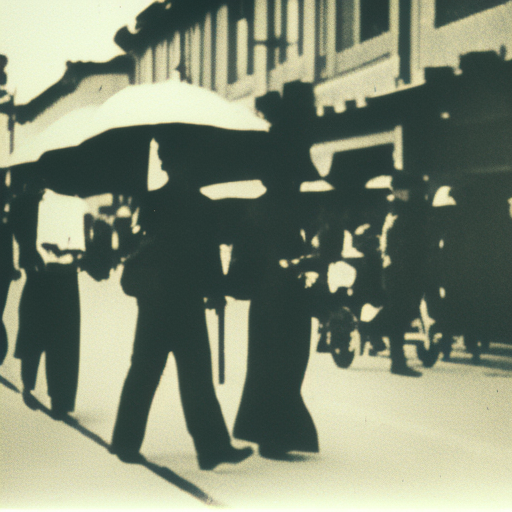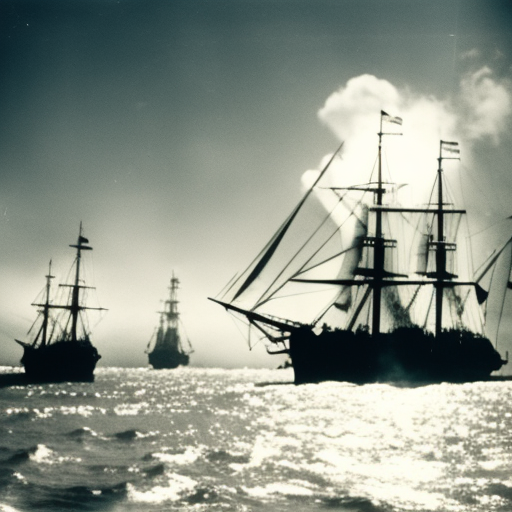Summary:
The Meiji era in Japan, which lasted from 1868 to 1912, marked a period of significant transformation and modernization for the country. Under Emperor Meiji, Japan underwent rapid political, social, and economic changes, transitioning from a feudal society to a modern nation-state. The Meiji Restoration brought an end to the Tokugawa shogunate and established a centralized government that aimed to strengthen Japan and catch up with the Western powers. The era witnessed reforms in various areas, including education, military, industry, and foreign relations, which laid the foundation for Japan’s emergence as a major global power in the 20th century.
The Meiji Restoration:
The Meiji Restoration of 1868 marked a turning point in Japanese history. It was a political revolution that overthrew the Tokugawa shogunate and restored power to the emperor. The restoration was led by a group of samurai and intellectuals who sought to modernize Japan and strengthen it against Western imperialism. The new government embarked on a series of reforms to centralize power, abolish feudalism, and establish a modern bureaucracy. The emperor was elevated to a symbol of national unity, while real power was held by a small group of oligarchs.
Modernization and Westernization:
One of the key goals of the Meiji government was to catch up with the Western powers and avoid colonization. To achieve this, Japan embarked on a process of modernization and Westernization. The government sent students and scholars abroad to study Western science, technology, and political systems. They also invited foreign experts to Japan to help modernize various sectors. The government implemented reforms in education, creating a modern system that emphasized science, technology, and nationalism. The military was also modernized, adopting Western tactics, training methods, and equipment.
Industrialization and Economic Growth:
The Meiji government recognized the importance of industrialization for national strength and economic growth. They promoted industrialization through various means, including the establishment of state-owned industries, financial support, and the adoption of Western technology and practices. The government invested heavily in infrastructure, such as railways, telegraph lines, and ports, to facilitate trade and economic development. The industrial sector expanded rapidly, with the production of textiles, steel, coal, and shipbuilding becoming major industries. Japan’s economy grew significantly during this period, laying the foundation for its future industrial power.
Foreign Relations:
The Meiji government pursued an active foreign policy to secure Japan’s position in the international arena. They renegotiated unequal treaties with Western powers, gaining more favorable terms and regaining control over tariffs. Japan also embarked on territorial expansion, annexing Hokkaido, Okinawa, and the Ryukyu Islands. The government sought to establish itself as an equal player among the Western powers and actively participated in international events, such as the Paris Peace Conference of 1919.
Social and Cultural Changes:
The Meiji era brought about significant social and cultural changes in Japan. The government abolished the samurai class and introduced a conscription system, creating a more egalitarian society. The traditional feudal system was replaced with a modern landownership system. The government also encouraged the adoption of Western clothing, hairstyles, and social customs. These changes led to a clash between traditional values and modernization, but overall, Japan experienced a rapid transformation into a modern nation.
Legacy:
The Meiji era laid the foundation for Japan’s emergence as a major global power in the 20th century. The reforms and modernization efforts of this period set Japan on a path of rapid industrialization and economic growth. Japan’s military strength and modernized institutions allowed it to successfully navigate the challenges of the 20th century, including World War II. The Meiji era remains a significant period in Japanese history, representing a turning point from a feudal society to a modern nation-state.












